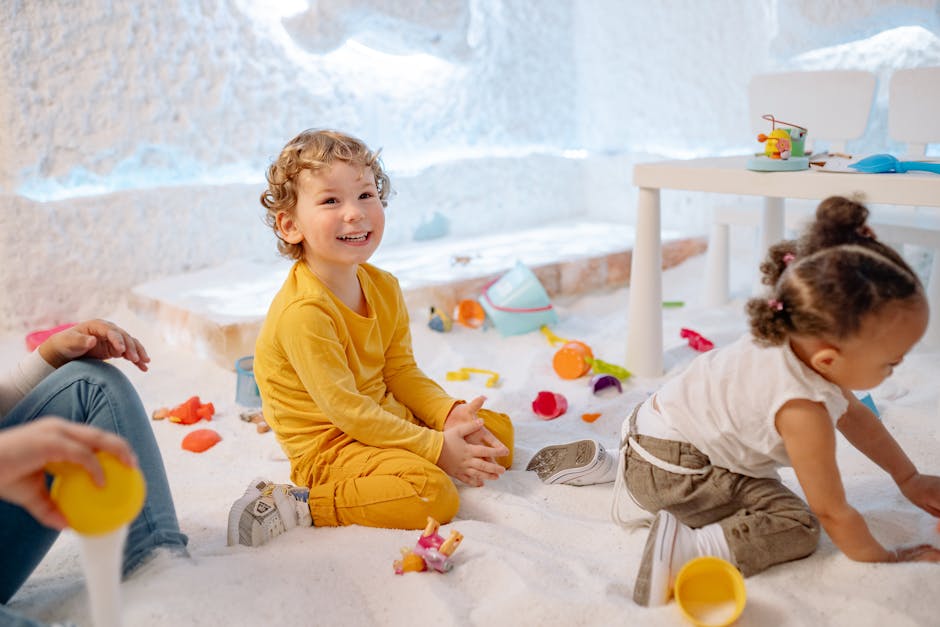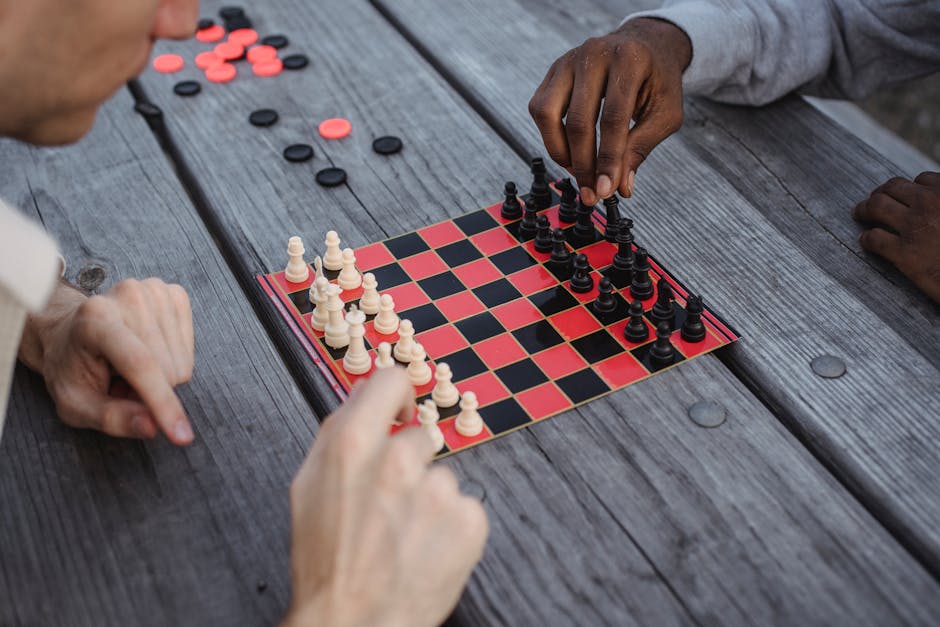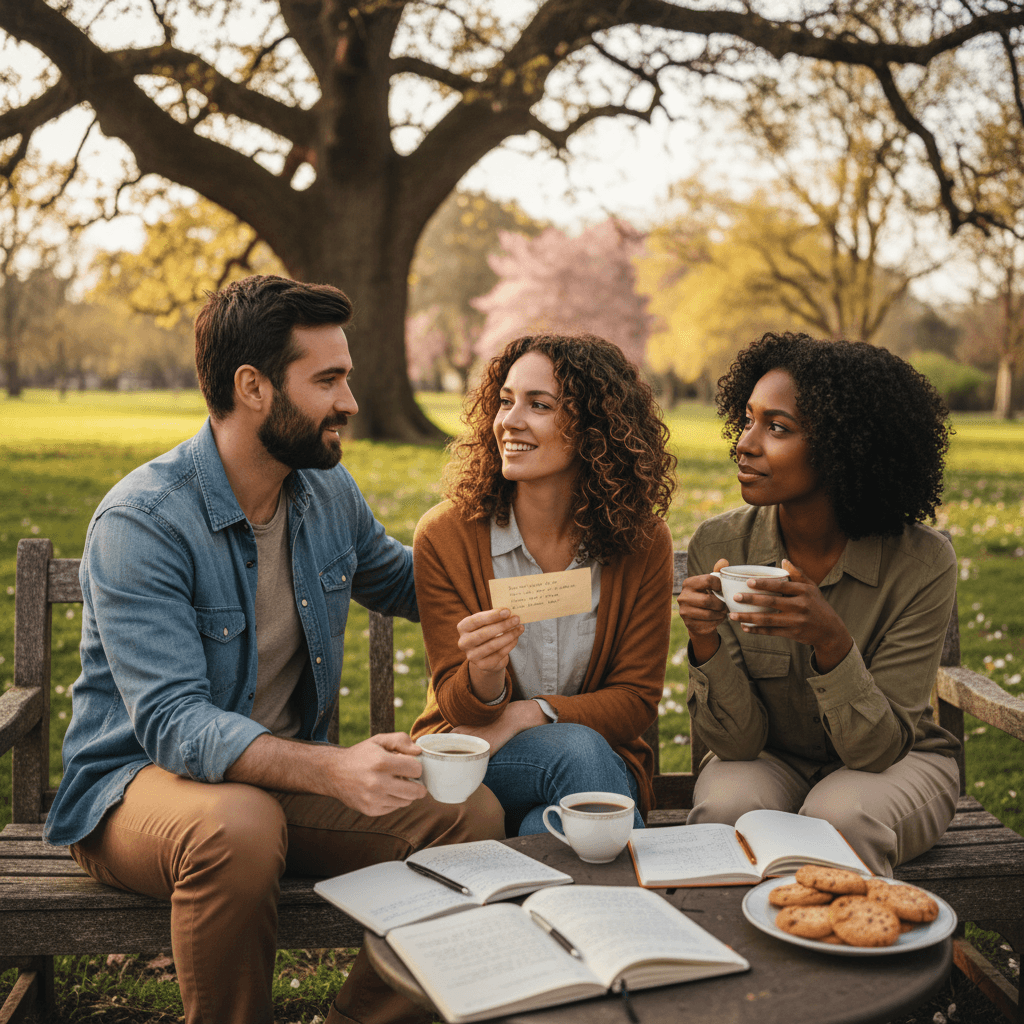How To Be More Intentional In Your Friendships?
Friendships are like gardens—they thrive when nurtured with care and intention. Being more intentional in your friendships means putting thought and effort into how you connect with others, ensuring those relationships are meaningful and fulfilling.
But why does this matter? Because life is busy, and without intentionality, even the closest bonds can fade. If you’ve ever felt like your friendships are stuck on autopilot, this guide will help you hit the reset button and build deeper, more rewarding connections.
Key Takeaways
- Intentional friendships are built on purpose, effort, and care.
- They strengthen emotional bonds and improve overall well-being.
- Small, consistent actions can transform casual acquaintances into lifelong friends.
Understanding Intentional Friendships
Definition of Intentional Friendships
Choosing to Engage in Friendship with Purpose
Intentional friendships don’t just happen by accident. They’re about choosing to invest your time and energy in people who matter to you. It’s like deciding to plant a tree—you don’t just toss seeds around and hope for the best. You pick the right spot, water it, and watch it grow.
Building Meaningful Connections
At its core, being intentional means focusing on quality over quantity. It’s not about having a hundred friends but about building a few deep, meaningful connections. These are the friendships that feel like home, where you can be your authentic self without fear of judgment.
Importance of Intentionality in Friendships
Strengthening Bonds
When you’re intentional, you create space for trust and vulnerability. This strengthens the bond between you and your friend, making the relationship more resilient during tough times.
Enhancing Emotional Well-Being
Intentional friendships are a two-way street. They’re not just about giving but also about receiving support, laughter, and joy. Studies show that strong friendships can reduce stress and even improve your health.

Building the Foundation of Intentional Friendships
Being a Good Listener
Actively Listening Without Distractions
Put down your phone. Look your friend in the eye. Show them that their words matter. Active listening is a superpower that makes people feel valued and understood.
Validating Your Friend’s Feelings
Sometimes, all someone needs is to hear, “That sounds really tough. I’m here for you.” Validation isn’t about fixing problems; it’s about showing empathy and care.
Being Supportive and Reliable
Offering Encouragement During Tough Times
When your friend is going through a rough patch, be their cheerleader. A simple “You’ve got this” can go a long way.
Following Through on Promises
Reliability is the backbone of any strong friendship. If you say you’ll be there, show up. Actions speak louder than words.
Embracing Shared Interests and Differences
Exploring Common Hobbies
Whether it’s hiking, gaming, or baking, shared activities create opportunities for bonding.
Respecting and Celebrating Differences
At the same time, differences can be just as enriching. They allow you to learn from each other and grow as individuals.

Nurturing Intentional Friendships
Making Time for Each Other
Scheduling Regular Meetups or Calls
Life gets busy, but friendships need time to flourish. Set a recurring coffee date or a weekly phone call to stay connected.
Prioritizing Quality Time
It’s not just about spending time together but making that time count. Be present and engaged.
Taking the Initiative
Reaching Out First
Don’t wait for your friend to text you. Be the one to check in and say, “Hey, how’s it going?”
Planning Activities or Surprises
Surprise your friend with tickets to their favorite band or plan a movie night. Small gestures show you care.
Being Honest and Transparent
Sharing Feelings Openly
Honesty builds trust. If something’s bothering you, talk about it.
Addressing Conflicts Constructively
Disagreements are inevitable, but how you handle them matters. Approach conflicts with kindness and a willingness to listen.

Deepening the Connection
Learning How Your Friend Likes to Be Loved
Understanding Their Love Language
Some friends appreciate words of affirmation, while others value acts of service. Learn what makes your friend feel loved.
Tailoring Your Actions to Their Preferences
If your friend loves handwritten notes, surprise them with one. If they’re a hugger, don’t hold back.
Providing Genuine Support
Offering Help Without Expecting Anything in Return
True friendship is selfless. Be there for your friend because you care, not because you expect something in return.
Being Present During Significant Moments
Whether it’s a wedding, a graduation, or a tough day, showing up for the big and small moments makes a world of difference.
Keeping the Friendship Dynamic
Asking Random or Thought-Provoking Questions
Keep the conversation fresh by asking questions like, “What’s a dream you’ve never shared with anyone?”
Exploring New Experiences Together
Try something neither of you has done before—like pottery class or skydiving. Shared adventures create lasting memories.

Maintaining Intentional Friendships Over Time
Remembering Important Details and Dates
Noting Down Milestones and Preferences
Keep track of your friend’s favorite coffee order or their pet’s name. These little details show you care.
Celebrating Birthdays and Achievements
Make a big deal out of their wins, whether it’s a promotion or finishing a marathon.
Choosing Forgiveness and Grace
Letting Go of Grudges
No one’s perfect. Forgive mistakes and focus on the good.
Rebuilding Trust After Conflicts
If trust is broken, work together to rebuild it. Open communication is key.
Working on Yourself
Cultivating Self-Awareness and Emotional Intelligence
The better you understand yourself, the better friend you can be.
Being the Kind of Friend You Want to Have
Lead by example. Show kindness, patience, and understanding.
Strengthening Friendships Through Shared Values
Praying or Reflecting Together
Sharing Spiritual or Personal Growth Practices
If you share similar beliefs, praying or meditating together can deepen your bond.
Supporting Each Other’s Goals and Aspirations
Cheer each other on as you chase your dreams.
Encouraging Mutual Growth
Inspiring Each Other to Improve
Push each other to be the best versions of yourselves.
Holding Each Other Accountable
Whether it’s sticking to a fitness goal or quitting a bad habit, accountability strengthens your friendship.

Conclusion
Recap of the Importance of Intentional Friendships
Intentional friendships are about showing up, being present, and putting in the effort to build meaningful connections. They’re not just good for your heart—they’re good for your soul.
Encouragement to Take Actionable Steps Toward Meaningful Connections
Start small. Send a thoughtful text. Plan a coffee date. Listen more. Be the friend you wish to have, and watch your relationships flourish.
For more tips on keeping your friendships fresh, check out this guide. Or, if you’re looking to improve communication, this article is a great place to start.
Friendship is a journey, not a destination. So, take the first step today. You’ve got this!
(Sources: Building Intentional Friendships, Be a More Intentional Friend)
FAQ: How to Be More Intentional in Your Friendships – Building Meaningful Connections
What does it mean to be intentional in friendships?
Being intentional in friendships means putting conscious effort into nurturing and maintaining your relationships. It involves clear communication, thoughtful actions, and prioritizing time to connect meaningfully with your friends.
Why is intentionality important in friendships?
Intentionality helps deepen trust, strengthen bonds, and ensure that friendships are mutually fulfilling. It prevents relationships from becoming one-sided or superficial, fostering a sense of connection and support.
How can I prioritize my friendships despite a busy schedule?
You can prioritize friendships by scheduling regular check-ins, setting reminders for important dates, and making the most of small moments, like sending a quick text or voice message. Even small, consistent efforts can make a big difference.
What are some practical ways to show intentionality in friendships?
Practical ways include actively listening, remembering important details about your friends’ lives, initiating plans, and being present during conversations. Thoughtful gestures, like sending a note or gift, can also show intentionality.
How do I set boundaries while being intentional in friendships?
Setting boundaries involves communicating your needs and limits clearly while respecting your friends’ boundaries as well. Being intentional doesn’t mean overextending yourself; it’s about balancing effort with mutual respect.
What role does communication play in intentional friendships?
Communication is the foundation of intentional friendships. Open, honest, and empathetic dialogue helps clarify expectations, resolve conflicts, and ensure both parties feel valued and understood.
How can I rebuild a friendship with intentionality after drifting apart?
Rebuilding a friendship starts with reaching out and acknowledging the distance. Express your desire to reconnect, and take small, consistent steps to rebuild trust and closeness over time. Patience and sincerity are key.
What are some signs that a friendship lacks intentionality?
Signs include infrequent communication, lack of effort to spend time together, one-sided interactions, and feeling undervalued. If a friendship feels stagnant or distant, it may need more intentional effort from both sides.
How can I encourage my friends to be more intentional in our relationship?
Lead by example by being intentional yourself. Share your feelings about the importance of the friendship and suggest ways to connect more meaningfully. Open communication can inspire mutual effort.
What should I do if my efforts to be intentional are not reciprocated?
If your efforts aren’t reciprocated, reflect on the friendship’s dynamics and communicate your concerns. It’s important to invest in relationships where effort is mutual. Sometimes, it’s okay to let go of friendships that no longer serve you.



